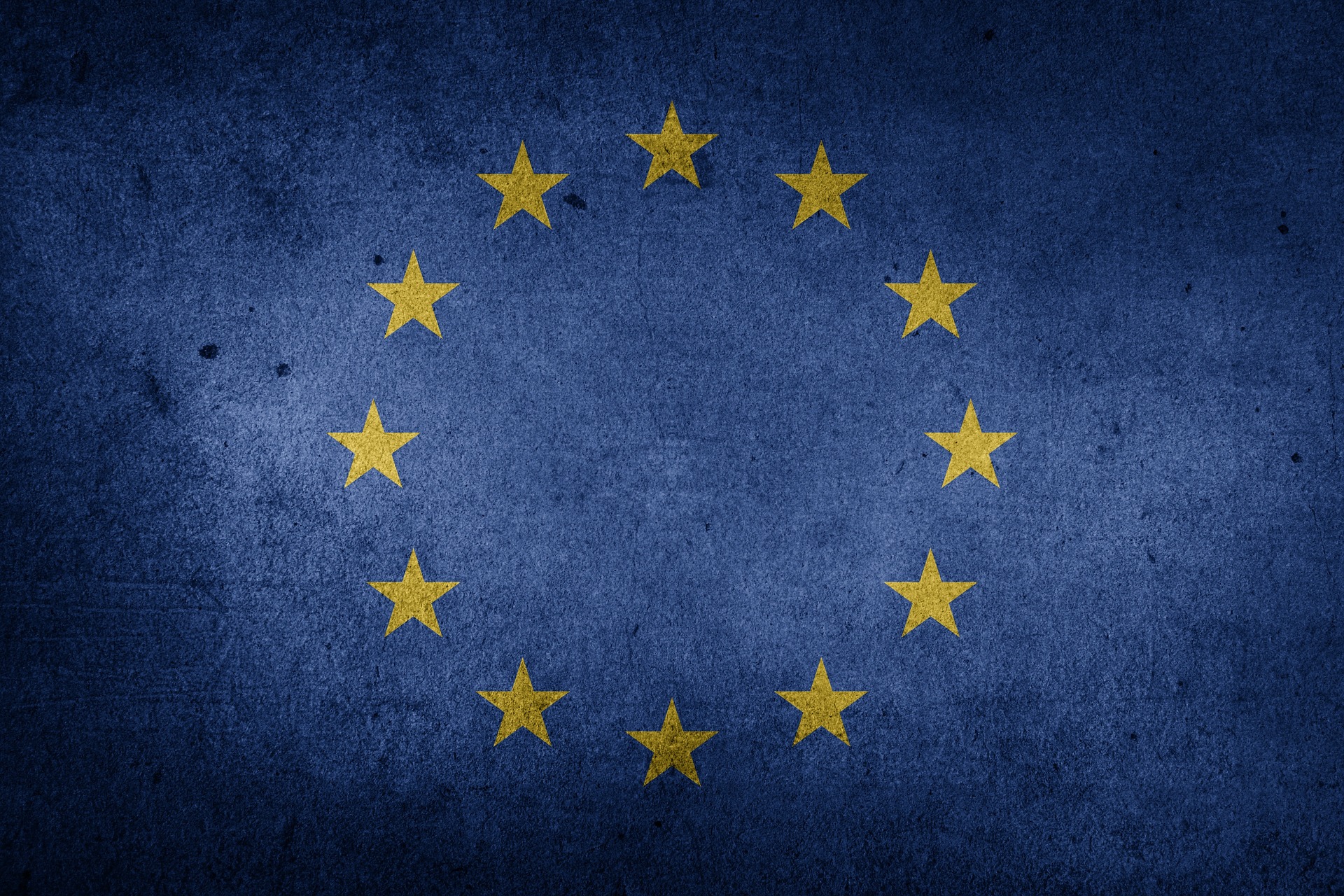Lobby groups that include retailers such as H&M, Ikea and Marks & Spencer have reportedly called on the European Commission to curb what they consider to be high fees charged by Visa and Mastercard.
In a letter dated 13 May and seen by Reuters, the lobby groups argue that these fees harm the EU's competitiveness and hinder competition.
The letter urges the Commission to enforce EU antitrust rules against the two payment providers, calling for changes to interbank fee rules by imposing price controls on fees, transparency and non-discrimination obligations on International Card Schemes (ICS), and introducing a tool that would allow regulators to review actions taken by ICSs.
An ICS is a payment procedure where cards are accepted across multiple continents, often by the ICS itself or through licensed payment service providers. In the Eurozone, the two American payment providers hold a dominant position, handling around two-thirds of card payments.
"International Card Schemes (ICS) have been able to increase their fees without competitive challenge or regulatory scrutiny,” the groups said. “They have also rendered their system of fees and rules so complex and opaque that players are unable to understand, let alone challenge, what they are paying for and why.”
The groups also cited a 2024 report by The Brattle Group that showed a combined increase in ICS fees of 33.9 per cent between 2018 and 2022, an average of 7.6 per cent per year above inflation, arguing that the increase did not correspond to any improvement in the service offered to EU merchants and consumers.
Signatories of the letter include EuroCommerce, Ecommerce Europe, Independent Retail Europe, the European Association of Corporate Treasurers and the European Digital Payments Industry Alliance.
Members of the lobby groups also include Aldi, Amazon, Carrefour, eBay, Intersport, Worldline, Nexi and Teya.
The letter was addressed to the Commission's antitrust chief Teresa Ribera, financial services commissioner Maria Luís Albuquerque, and economy chief Valdis Dombrovskis.
A Visa spokesperson told Reuters its fees represent the high value offered to European merchants.
"This includes extremely high levels of security and fraud prevention, near-perfect operational resilience and reliability, and a wide range of consumer protections and high-quality, innovative products and services that serve consumer and merchant needs," they added.
On Monday, Finland, Sweden, Norway, Denmark and Estonia told Reuters they were reportedly working on an offline credit card payment system to be used as a back-up in case of internet disruptions, as cyber security attacks continue to increase.
Tuomas Valimaki, a member of the Bank of Finland's board, told Reuters the move could also help against Europe's heavy reliance on US companies Visa and Mastercard for card payments, calling for a reduction in this dependence.
“We may feel like we have options, to pay with debit or credit or with Apple Pay for example, but all of those function via the Visa and Mastercard infrastructure," he said.
Latest News
-
Gap partners with Google to boost digital strategy with AI
-
Asda rehires Chris Chalmers for data and loyalty role
-
Kingfisher appoints Deba Sen as CCO
-
Iceland’s chair calls for government to take ‘shoplifting war’ seriously
-
Morrisons launches rapid ‘Morrisons Now’ delivery across hundreds of stores
-
Ikea-owner buys AI-powered logistics software firm to transform home delivery
Supermicro and NVIDIA’s AI Solution for Retailers
To find out more: click here
Beyond Channels: Redefining retail with Unified Commerce
This Retail Systems fireside chat with Nikki Baird, Vice President, Strategy & Product at Aptos will explore how unified commerce strategies enable retailers to tear down these barriers and unlock new levels of operational agility and customer satisfaction.
© 2024 Perspective Publishing Privacy & Cookies




.png)






Recent Stories